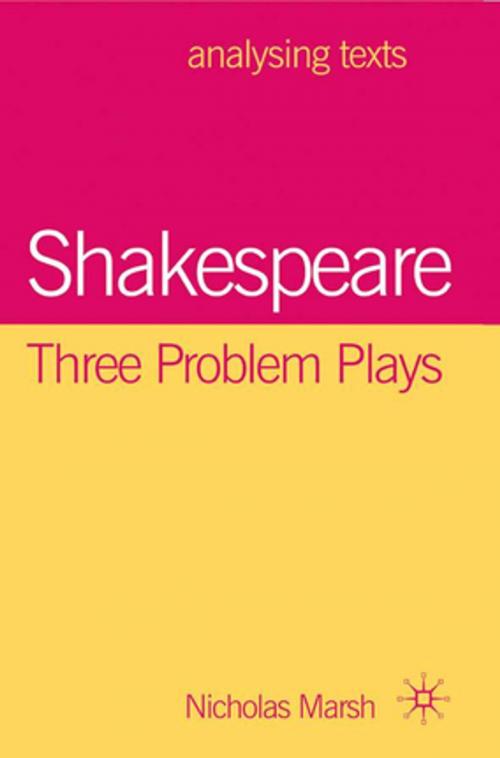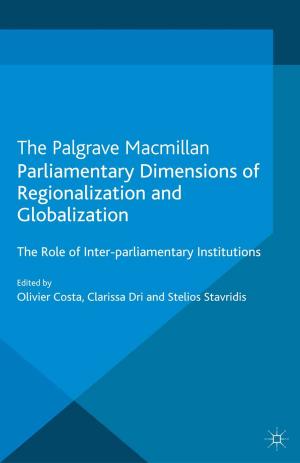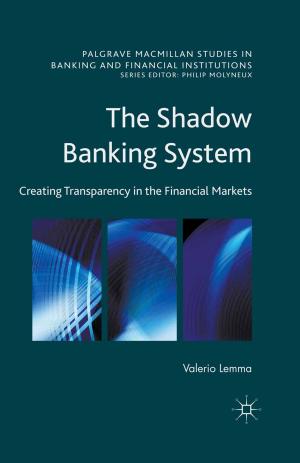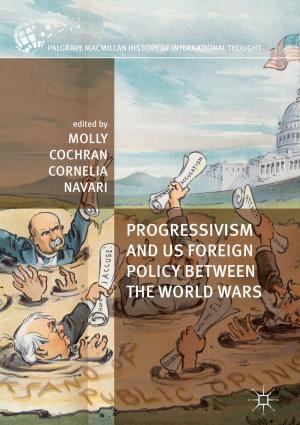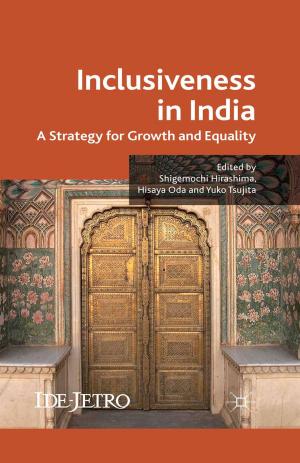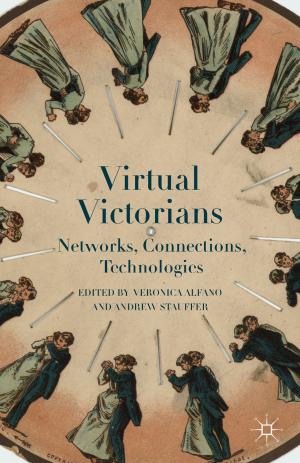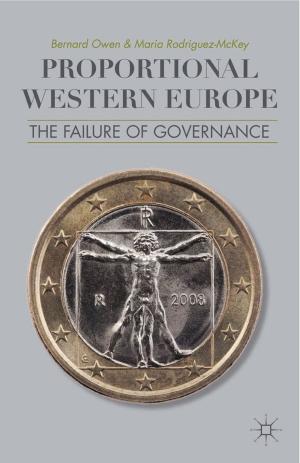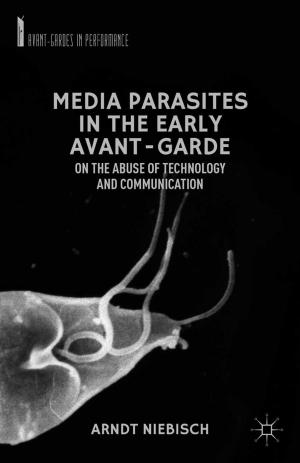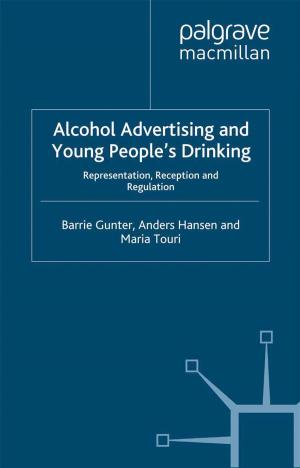Shakespeare: Three Problem Plays
Fiction & Literature, Drama, British & Irish, Nonfiction, Entertainment, Literary Theory & Criticism| Author: | Nicholas Marsh | ISBN: | 9781137192561 |
| Publisher: | Palgrave Macmillan | Publication: | November 28, 2002 |
| Imprint: | Palgrave Macmillan | Language: | English |
| Author: | Nicholas Marsh |
| ISBN: | 9781137192561 |
| Publisher: | Palgrave Macmillan |
| Publication: | November 28, 2002 |
| Imprint: | Palgrave Macmillan |
| Language: | English |
Written in 1602-4, between Hamlet and the other great tragedies, Shakespeare's three Problem Plays are so called because they do not fit easily into the other groups of plays. They are awkward dramas, full of unresolved controversies, which leave audiences and readers unsettled by contradictory responses.
Nicholas Marsh uses close analysis of extracts from the plays to explore how Shakespeare maintains competing discourses within a single text. In the first part of his study, Marsh highlights the multiple interpretations these plays provoke and provides useful sections on methods of analysis to encourage readers to develop their views independently. The second part of the book discusses the Problem Plays in relation to the playwright's other works, and examines their cultural and historical contexts. A comparison of five modern critical views and helpful suggestions for further reading provide a bridge to continuing study. In this essential guide to a complex set of plays, Marsh does not seek to reconcile the thorny issues these dramas leave open: rather, he equips the reader with the necessary critical tools to fashion their own synthesis.
Nicholas Marsh uses close analysis of extracts from the plays to explore how Shakespeare maintains competing discourses within a single text. In the first part of his study, Marsh highlights the multiple interpretations these plays provoke and provides useful sections on methods of analysis to encourage readers to develop their views independently. The second part of the book discusses the Problem Plays in relation to the playwright's other works, and examines their cultural and historical contexts. A comparison of five modern critical views and helpful suggestions for further reading provide a bridge to continuing study. In this essential guide to a complex set of plays, Marsh does not seek to reconcile the thorny issues these dramas leave open: rather, he equips the reader with the necessary critical tools to fashion their own synthesis.
Written in 1602-4, between Hamlet and the other great tragedies, Shakespeare's three Problem Plays are so called because they do not fit easily into the other groups of plays. They are awkward dramas, full of unresolved controversies, which leave audiences and readers unsettled by contradictory responses.
Nicholas Marsh uses close analysis of extracts from the plays to explore how Shakespeare maintains competing discourses within a single text. In the first part of his study, Marsh highlights the multiple interpretations these plays provoke and provides useful sections on methods of analysis to encourage readers to develop their views independently. The second part of the book discusses the Problem Plays in relation to the playwright's other works, and examines their cultural and historical contexts. A comparison of five modern critical views and helpful suggestions for further reading provide a bridge to continuing study. In this essential guide to a complex set of plays, Marsh does not seek to reconcile the thorny issues these dramas leave open: rather, he equips the reader with the necessary critical tools to fashion their own synthesis.
Nicholas Marsh uses close analysis of extracts from the plays to explore how Shakespeare maintains competing discourses within a single text. In the first part of his study, Marsh highlights the multiple interpretations these plays provoke and provides useful sections on methods of analysis to encourage readers to develop their views independently. The second part of the book discusses the Problem Plays in relation to the playwright's other works, and examines their cultural and historical contexts. A comparison of five modern critical views and helpful suggestions for further reading provide a bridge to continuing study. In this essential guide to a complex set of plays, Marsh does not seek to reconcile the thorny issues these dramas leave open: rather, he equips the reader with the necessary critical tools to fashion their own synthesis.
